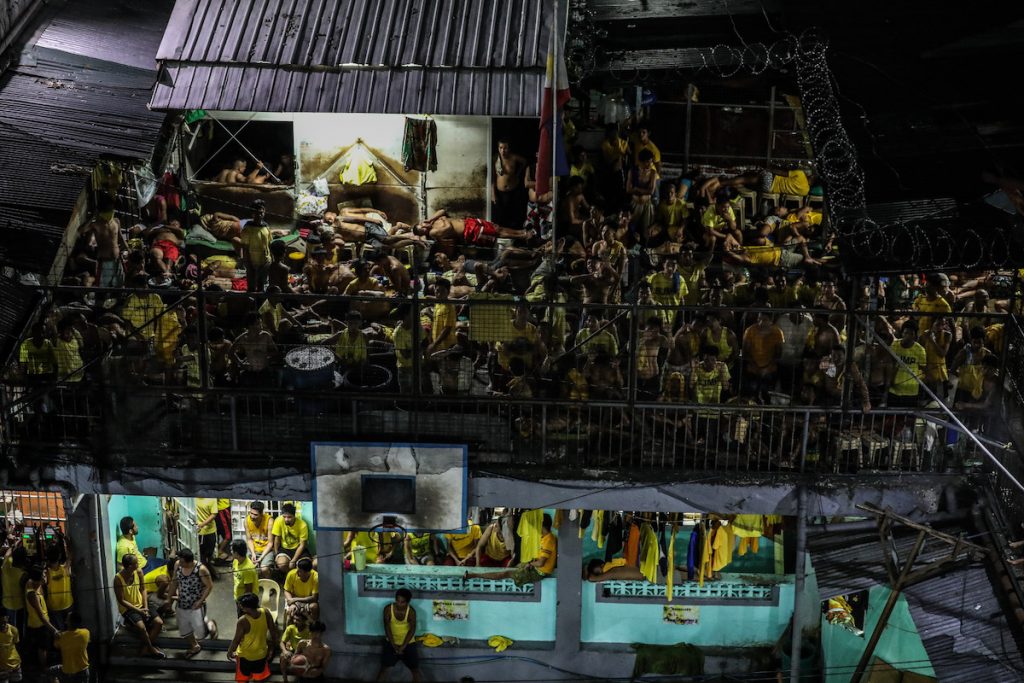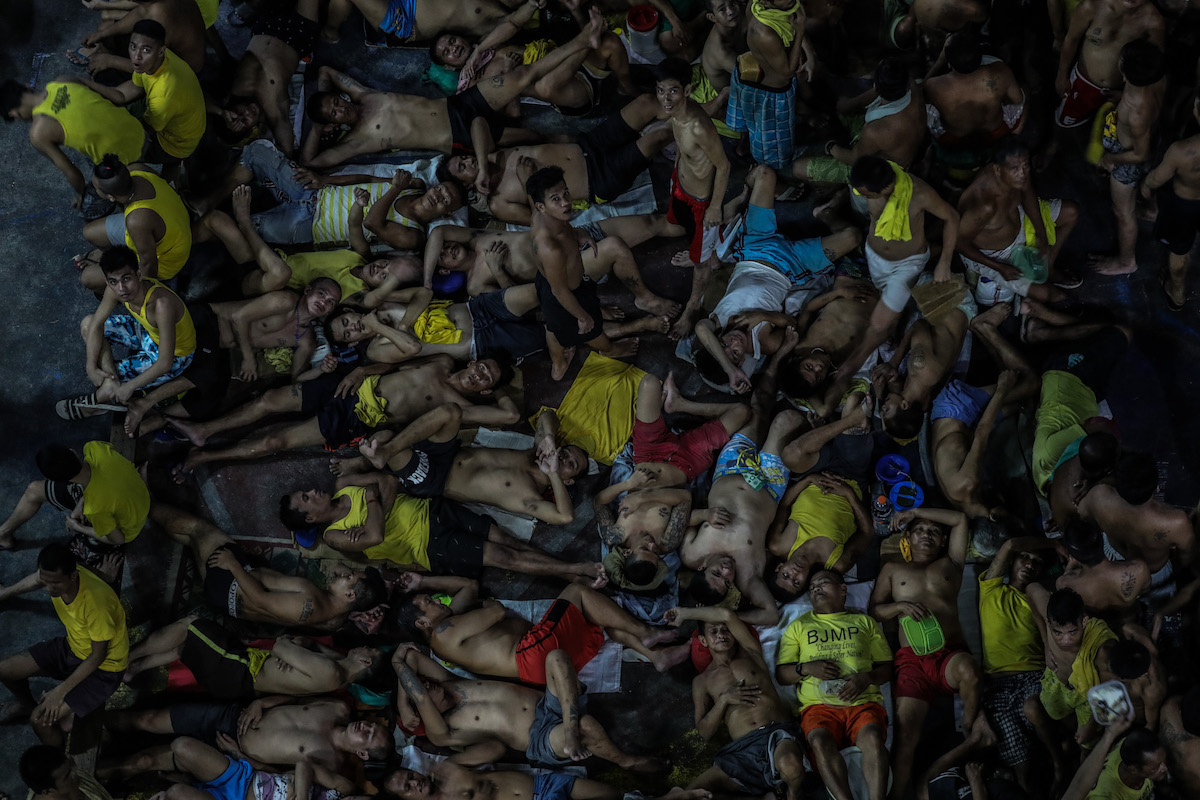Church leaders in the Philippines have asked the government to release political prisoners and detained human rights defenders as the country continues to struggle with the new coronavirus pandemic.
Bishop Reuel Norman Marigza said there is an “urgent need” to address the risks in prisons by releasing prisoners, starting with vulnerable groups such as the sick and elderly.
The Protestant bishop, who serves as secretary general of the National Council of Churches in the Philippines, said “low-level prisoners and political prisoners” should also be released.
“They need compassion, they need justice and they need protection. They should be released [on] humanitarian grounds,” said Bishop Marigza in a statement.
He said the congestion rate of the country’s prisons and detention facilities by itself poses grave, potential, and unmanageable threats.
“The most Christian thing to do is to leave no one behind …. [The detainees] need compassion, they need justice and they need protection,” he said.
“It is also deeply distressing that in a time of a public health crisis, authorities fixate on threats of imprisonment as punishment to disobedience.”
Authorities have warned that violators of the “enhanced community quarantine” implemented in many parts of the country will be detained.
Bishop Marigza said the measure “does not only exacerbate the situation in our detention facilities, but also fails to address the urgent humanitarian needs of the people.”
Catholic Bishop Gerardo Alminaza of San Carlos backed the call for the release of political prisoners, saying that it will send a “strong message” of the government’s “desire for peace and goodwill.”
“This is a matter of life and death calling for extraordinary measures,” said the bishop, adding that there is an “undeniable threat” of catastrophe in jails that are “filled far beyond capacity.”
“For all that is humane, good, and loving, now is [the] moment for urgent action,” he said.
“We must muster the courage to address the glaringly high-risk of a COVID-19 outbreak, now forced upon those behind bars,” said Bishop Alminaza.
In September 2019, the country’s Bureau of Jail Management and Penology has recorded a 394 percent congestion rate in detention facilities.
Officials at the country’s national penitentiary also revealed that about 5,200 inmates at the national prison “die annually due to overcrowding, disease, and violence.”

According to Bureau of Corrections January statistics, its prison facilities are overcrowded by 310 percent, as 49,114 inmates occupy correctional facilities that have a maximum capacity of 11,981 people.
Justice Secretary Menardo Guevarra has admitted that the Philippines’ overcrowded prison and detention facilities pose a grave risk during a time of global pandemic.
The United Nations High Commissioner for Human Rights has called on governments to protect the health and safety of people in detention as part of efforts to contain the new coronavirus.
UN commissioner Michelle Bachelet noted that jails in many countries are overcrowded and people are often held in “unhygienic conditions”, while health services are “inadequate or even non-existent.”
“Physical distancing and self-isolation in such conditions are practically impossible,” she said in a statement.
The UN official called for release of those detained “without sufficient legal basis,” including political prisoners and others detained “simply for expressing critical or dissenting views.”
In the Philippines, there are at least 609 political prisoners in jails across the country. Of the total number of political detainees, 63 are sickly and 47 are elderly.
Kapatid, a group of families and relatives of political prisoners, has appealed to the government to release the sick, elderly and “low-level” prisoners.







